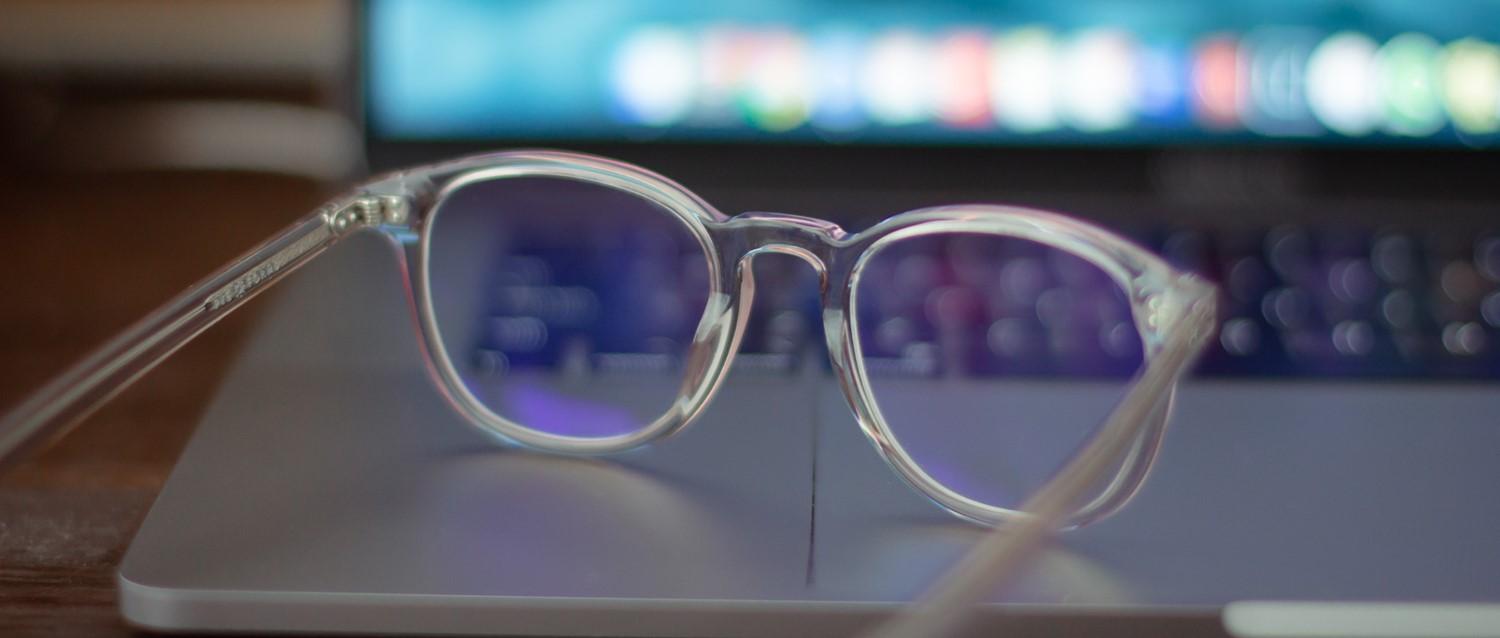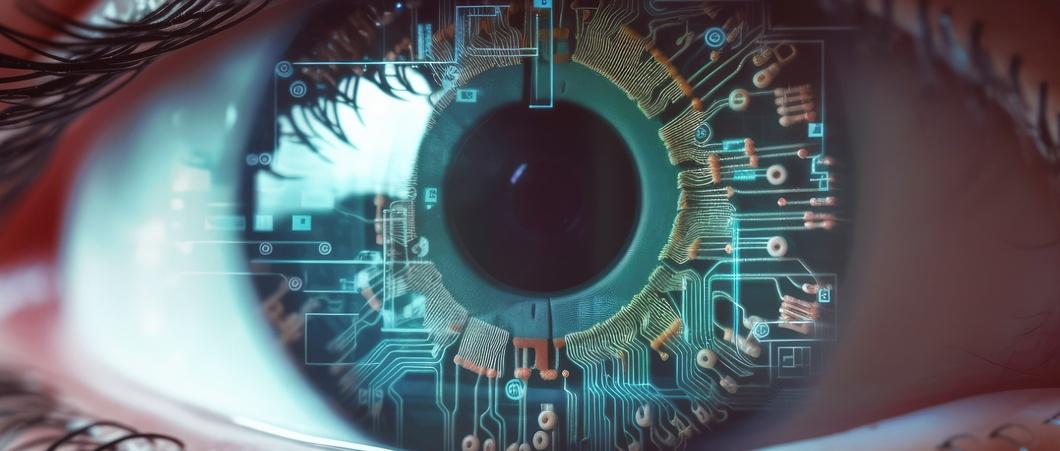
How to prevent dry eyes during winter
Peer reviewed by Dr Colin Tidy, MRCGPLast updated by Lynn StephenLast updated 19 Dec 2025
Meets Patient’s editorial guidelines
- DownloadDownload
- Share
- Language
- Discussion
Dry eyes during winter are not uncommon, especially as the temperatures change and most of us crank up the central heating. While we can't control the weather, it is possible to prevent dry eyes or ease the often uncomfortable, irritating symptoms that accompany them.
In this article:
Continue reading below
What causes dry eyes in winter?
There are a number of reasons why you might get dry eyes in the winter. These include weather changes, as well as lifestyle factors that can exacerbate dry eyes at any time of the year.
These are among the most frequent causes:
Increased exposure to cold, dry air and wind.
Central heating can dry the eyes as heating the air evaporates the water in it, creating a dry atmosphere.
Long periods working at a computer screen.
Lack of sleep.
A diet lacking in omega 3 and other nutrients that are vital for eye health .
Drinking alcohol.
Wearing contact lenses.
Taking antihistamines for a cold.
There are also other underlying medical conditions that can cause dry eyes. These conditions include vitamin A deficiency, Sjögren’s syndrome, meibomian gland dysfunction, and eye infections.
People over the age of 50, especially women, are particularly prone to dryness in their eyes, largely because of the hormone changes that occur during pregnancy, when using birth control medicine, or during the menopause.
What are the symptoms of dry eyes?
Symptoms include eyes that are:
Itchy.
Sore.
Burning.
Feeling gritty - as though they have sand in them.
Red.
Blurry.
Sensitive to light.
More watery than normal.
Producing stringy mucus.
Getting tired faster than usual.
Struggling to read or focus on a screen for a long time.
Feeling heavy.
Continue reading below
Dry eye treatment
Dry eye is generally considered to be a long-term condition. However, while it cannot be cured, it is possible to manage it effectively and reduce its symptoms.
Dr Elizabeth Hawkes, Ophthalmic and Oculoplastic Surgeon, says you can prevent dry eyes yourself at home in a number of ways.
"You can treat dry eyes by keeping them clean and taking regular breaks from computer screens," she explains. "Also, making sure you're not straining your eyes when using a computer is important. You can do this by making sure the screen is at eye level. If you wear contact lenses, it can help to take them out and wear glasses occasionally to give them a break. Getting plenty of sleep is essential too."
Dry eye drops and medicine
Hawkes says a pharmacist may be able to help by advising you on possible treatments for dry eyes, such as eye drops, gels, or anti-inflammatory medicines. Drops and gels can help with tear production and lower the chance of damage to your cornea.
In some cases of dry eyes, eye drops might be necessary for a short period of time. Drops are the common treatment for protecting your eyes from dryness since they increase the moisture in your eyes. Artificial tears might also work well for some people with dry eyes.
Your doctor might also change the medicine you are taking if it is causing your eyes to become dry.
Continue reading below
Dry eyes and contact lenses
If you are a contact lens wearer, the type of lenses you are wearing could be the reason for your dry eyes. Therefore, an optician might suggest trying a different kind of lens that is softer, more moist, and allows your eyes to breathe better.
Surgery for dry eyes
On rare occasions, if your dry eyes don't go away by using other treatments, your doctor may recommend surgery. Such procedures can stimulate tear flow, or an eye care professional might clean your eyelid.
How to prevent dry eyes
Hawkes says it is possible to prevent dry eyes, as long as you keep your eyes clean and healthy.
To prevent dry eyes:
Avoid drinking alcohol in excess.
Avoid smoking.
Take regular breaks from your computer, phone or tablet, and limit the time you spend watching television.
Eat a diet rich in omega 3.
Try not to spend too long in dry climates with air-conditioning or places with central heating. You can also invest in a humidifier at home to avoid the air getting dry.
Wear eyewear to protect your eyes when spending time outdoors if it's windy.
When should you see a doctor for dry eyes?
Hawkes recommends contacting your doctor or a specialist if your issue with dry eyes persists and you've already tried home treatments for a few weeks. If you visit your doctor or an optician, they can offer a thorough eye examination.
You should also seek medical help if you notice acute pain or any change to the shape of your eyelids or your vision.
It is always best to get dry eyes treated early. Ignoring the issue allows it to escalate, and can mean the condition is more difficult to manage further down the line.
Patient picks

Eye health
When should you worry about your eyes?
It is recommended that you get your eyes tested every two years - even if your vision seems fine. Your test will check for your vision and eye health ill and check for any emerging problems. Here we talk about what changes and issues in your vision you should look out for and when you should see a specialist .
by Victoria Raw

Eye health
Top 10 tips for dry eye relief
Dry eyes happen for various reasons. While not usually serious, they can be uncomfortable. Fortunately, there are several things you can do to treat dry eyes and find relief from symptoms.
by Victoria Raw
Continue reading below
Article history
The information on this page is peer reviewed by qualified clinicians.
Next review due: 19 Dec 2028
19 Dec 2025 | Latest version
27 Oct 2021 | Originally published
Authored by:
Emily Jane Bashforth

Ask, share, connect.
Browse discussions, ask questions, and share experiences across hundreds of health topics.

Feeling unwell?
Assess your symptoms online for free
Sign up to the Patient newsletter
Your weekly dose of clear, trustworthy health advice - written to help you feel informed, confident and in control.
By subscribing you accept our Privacy Policy. You can unsubscribe at any time. We never sell your data.